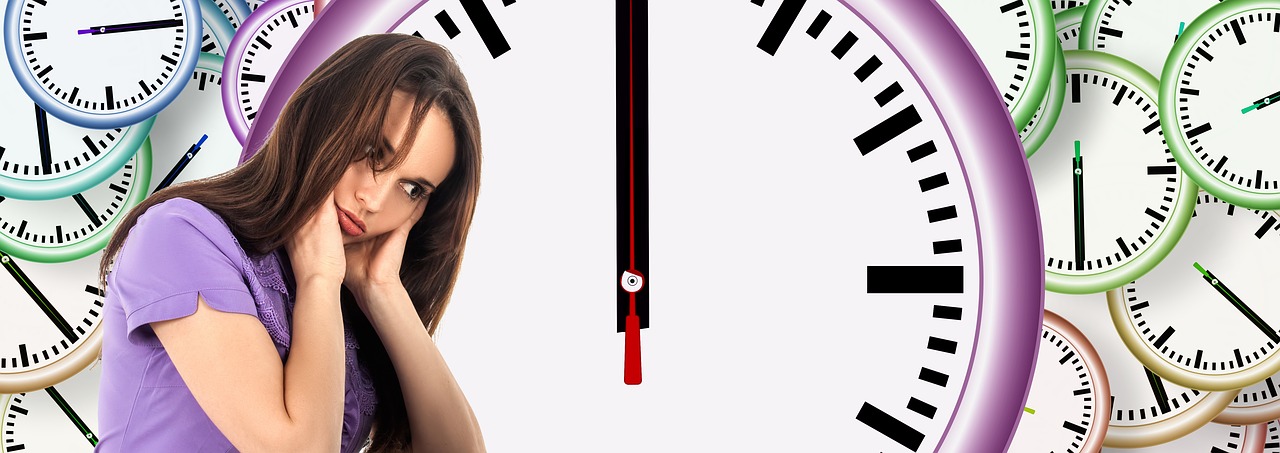
If you look closely at some of the most successful bands of our time then it’s no secret that most of them have great rhythm sections. Time is one of the most important ingredients to hypnotize your audience and bring them under your spell. Good timing is not only the incentive for a performer to prove their independence to the audience, but it’s the foundation to which everything else is built upon. The audience feels and surrenders to good timing. Bad timing will result in an audience feeling uncomfortable.
Don’t rely on others
A common mistake many musicians make is to think that keeping time is what the drummer is there for. It’s likely that the consensus that the drummer being the best musician in the band originates from this logic. The best musician in the band is likely the one with the best timing, and not the fastest licks. What this means is that all instruments should be approached rhythmically. You should be able to perform your music without the life support of a metronome, drummer, keyboard player or backing track.
What makes bad rhythm?
The inert musician will tell you that timing is not something that can be learned. You either have it or you don’t. Many musicians say this with such conviction that you would think they never practiced moving from one chord to the next. Good timing is definitely something that can be learned, practiced and maintained.
One deciding factor for good timing is the physical endurance of our muscles. If you’ve only got a couple of hours of practice in on your chosen instrument, you will find your hands and finger muscles getting tired after some time. It escalates to the point where the focus is no longer on the music, but rather the pain and discomfort from lack of muscle endurance. Building your muscles to the point where they are adequate enough for great timing doesn’t take a lot of practice but it does take a fair amount.
Internalizing rhythm
Many great musicians agree that your sense of timing needs to come from within. The music you should play should be internalized. You should be able to hear and perform your music in your mind without the aid of an instrument. Martin Taylor gives us some great tips on how to achieve this in the following video:
